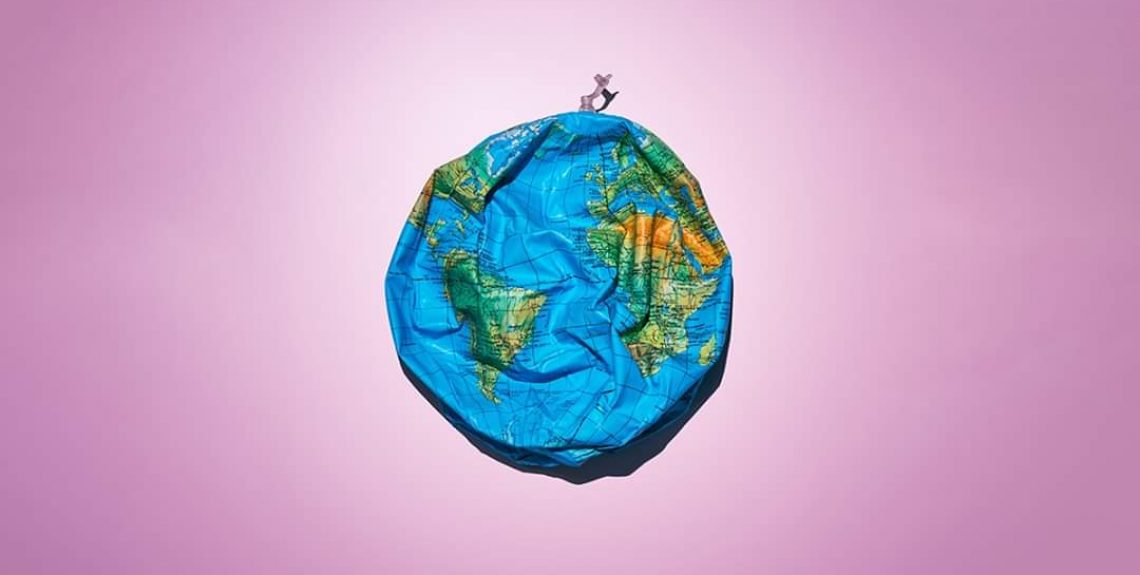The period of unrivalled global US hegemony lasted just 13 years from 1991 to the failure in pacifying Iraq (2004). Sixteen years after, the COVID-19 crisis did not change the fundamentals of US power, no more than the tremendous jihadist attack in 2001, but it was a global stressor that further revealed the weaknesses of an untenable global system.
In this context the actual US presidency is not causing alone the end of the global order as we knew it, but it is a potent symbol, symptom and concurring cause of that decline. As we know, this president wanted as main policy aims: USA First, MAGA, to confront China as a clear adversary (together with other some four lesser enemies), to reduce Germany because it is a nasty competitor and freeloader, NATO to be liquidated as obsolete and Russia to be courted, even if problematic.
Independently from the results of the next presidential elections (20 November), the record is very mixed. The America First policy risks having major allies quietly hedging against an unpredictable leader. MAGA has small tangible results to show.
China has accepted a fragile commercial truce and is continuing unabated its consolidation in the China Sea disputed islands and reefs. Germany does not move from its positions on industry, exports, defence spending and has better relations with Russia and China than the USA.
NATO is no more declared obsolete, but the redeployment of US troops away from Germany was not discussed within the Alliance (June 2020) and Russia is doing its business, but not helping Washington to rebalance China.
COVID-19 notwithstanding, we are still in the recession of the 2007-2008 Global Financial Crisis and we risk to plunge into a major global depression due to a financially and politically unsustainable system. On a global debt $253 trillion accounting 322% of the world GDP, the Euro-Atlantic area has a debt to GDP ratio of 383%, China 310% and Russia’s national debt is 20,86% of the GDP (Institute of International Finance and Statista estimates). A structurally dangerous situation.
Due to the pandemic instead, 1/3 of the world population is in misery or already hungry, while 1% owns 82% of global wealth, avoiding 30% of tax liabilities (Oxfam). Clearly this is an ancient regime situation where an alternative will be found, willy-nilly.
When a global order is finished, there are essentially three solutions: a subdivision between more sustainable entities, a change of hegemony or a combination of both.
A change of world leadership is objectively the most difficult and costly solution because, even with a peaceful handover, it means a formidable cost for the successor country. Does one really believe that the Chinese leadership is willing (and able) to face the expenditure, responsibilities and liabilities entailed? Power centralises when it can and de-centralises when it must; here it is a must.
A G-2 condominium or a multipolar arrangement, featuring closed spheres of influence, are both practically unattainable in such a complex interdependent world and would close opportunities for the prosperity of each major actor instead of multiplying them. Both are in principle doable, but reducing the living standard levels and expectations of everybody.
Another world war to decide the new leader would be simply a global political, humanitarian, ecologic and economic disaster, even without a nuclear exchange.
What to do? First, acknowledge that all major powers are inherently very fragile, as shown in the past five years and five months. Secondly, avoid fuelling a geopolitical competition by negotiating on shared essential interests. Trying to protect a dominant position hollowed out by debt and lack of competitiveness in many sectors, means to bet and lose one’s own future.
Thirdly, global sustainability is pursued by redressing social imbalances at home and abroad in order to tackle climate change and to phase out an outdated model of consumerist capitalism (no matter if state- or private-based).
These policies allow to adopt a flexible globalisation model where: different major powers share still common interests, are realistically represented in multilateral fora and co-decide common rules in order to reach two overarching priorities: protecting human security vis-à-vis climate change and favouring shared prosperity. This means also a transition to a fairer hybrid economic system where economic policies are fully accountable to the taxpayer, via the governments.
In essence a flexible globalisation means to abandon the quest for an untenable hegemony, to recognise that major global stakeholder have to share responsibilities and decisional power and ensure global sustainability by redressing social imbalances at home and abroad, because climate change is the result of an outdated and noxious economic model. Traditional competition will only diminish in time the survival chances of the human species.
Alessandro Politi
Director of the NATO Defense College Foundation
























